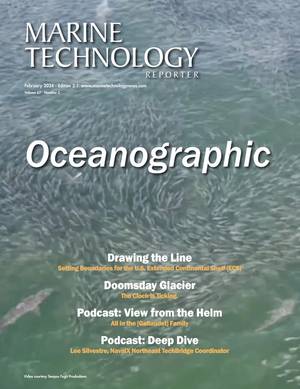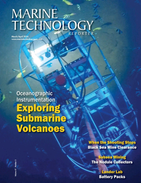Maine Marine Earns Grant to Study Ocean Turbine Stress Limits
Maine Marine Composites has been awarded a $249,976 federal grant from the Bureau of Safety and Environmental Enforcement (BSEE) to analyze the best ways to predict fatigue in the support structures of floating offshore wind turbines. A federal agency, the BSEE was created in the wake of the Deepwater Horizon disaster in the Gulf of Mexico to promote safety, protect the environment and conserve resources in the exploration and development of the Outer Continental Shelf.
"Maine Marine Composites engineers predict the performance and stress on components in ocean-based systems by analyzing fluid-structure interactions," said company Chief Technology Officer Richard Akers. "There is little data available on the motions and loads associated with floating wind turbines - most research on the fatigue lifetime of floating structures and mooring systems has been conducted on oil and gas platforms which operate in much deeper water and are subject to different loads. The floating wind industry needs to be able to predict the lifetime and maintenance costs of floating wind turbines, especially as related to snap load events and to corrosion degradation."
Maine Marine Composites will partner with Dr. Krish Thiagarajan of the Mechanical Engineering Department of the University of Maine to examine existing fatigue design criteria gathered from several years' worth of performance data collected at various existing offshore wind and ocean energy projects around the globe. The team will compare the field data with software simulation predictions to find ways to improve the predictions. Engineers will determine the applicability and accuracy of existing standards-based methodologies and recommend a rational, practical fatigue analysis method for floating offshore wind turbines.
Founded in 2006, Portland-based Maine Marine Composites LLC provides advanced engineering and analysis services for projects in the marine environment. MMC engineers analyze the performance of hydrokinetic energy converters such as wave, tidal and river energy converters. The analysis results aid the operators of these devices in converter design and site selection for maximum production and minimum environmental impact. The company delivers design and analysis services to aid naval architects, including the prediction of boat performance, resistance and ergonomic ride quality, as well as full service boat design.
mainemarinecomposites.com

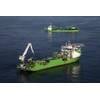

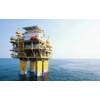
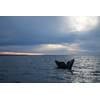
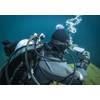








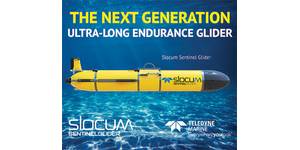
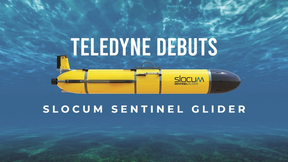
 February 2024
February 2024
